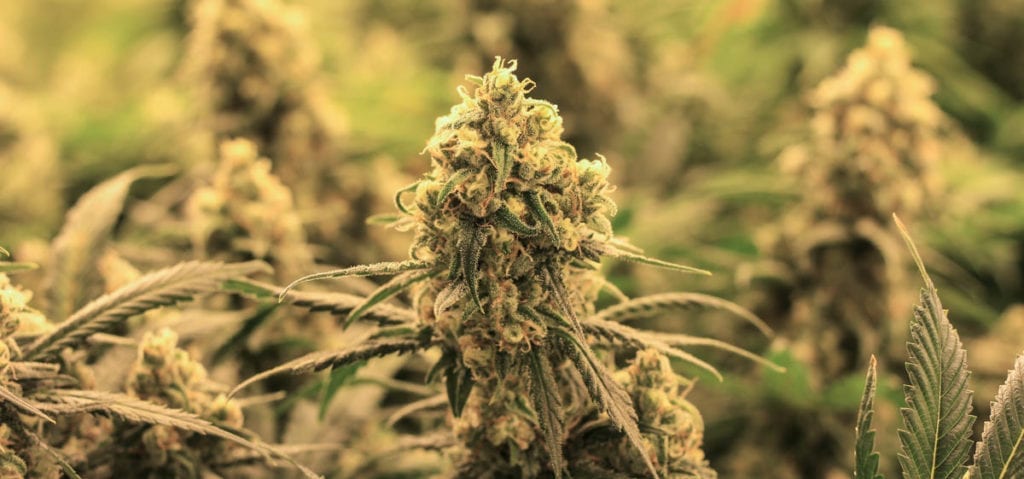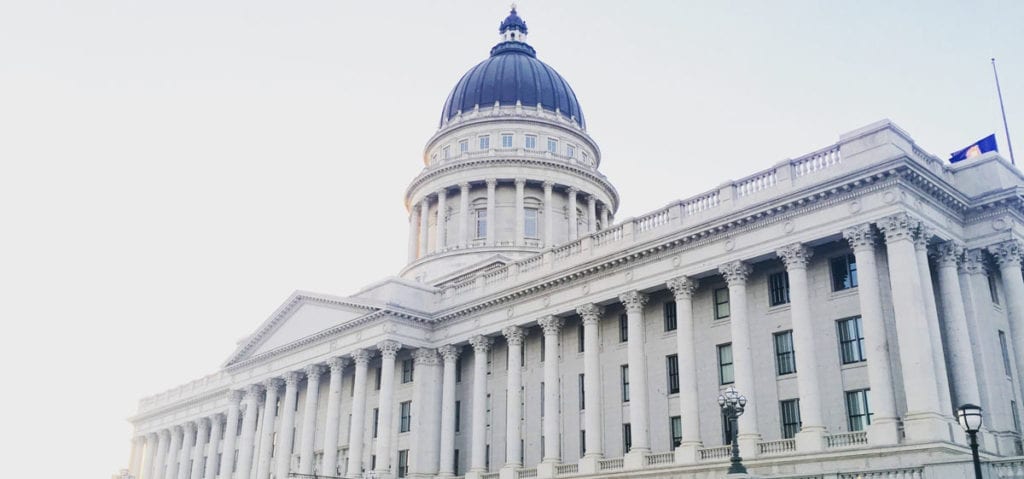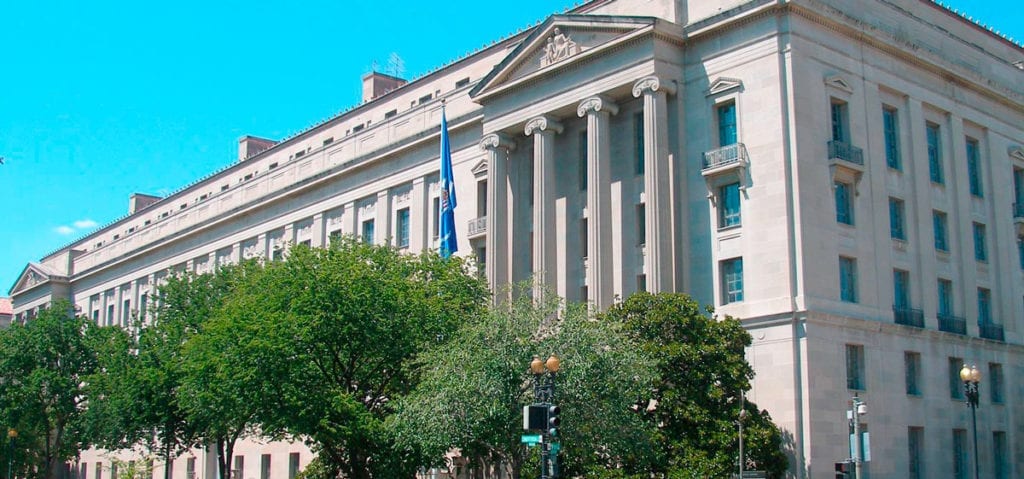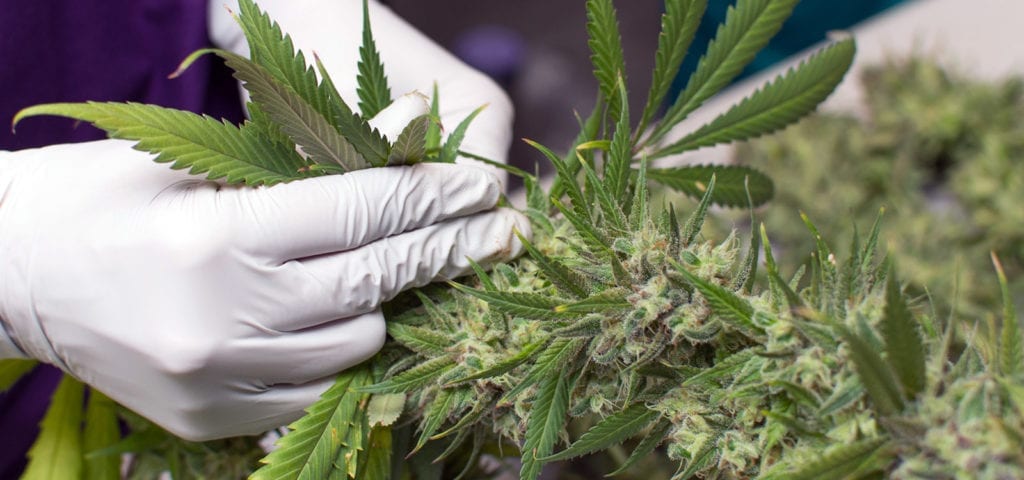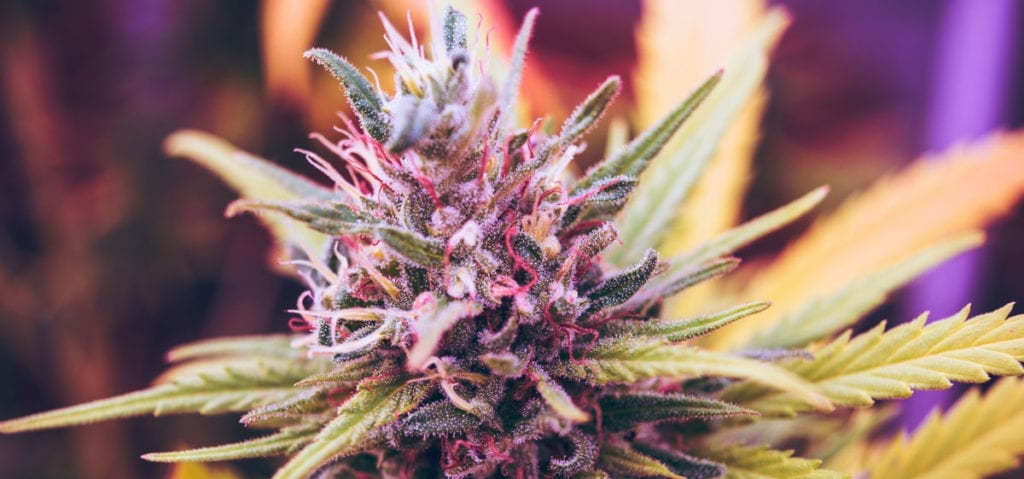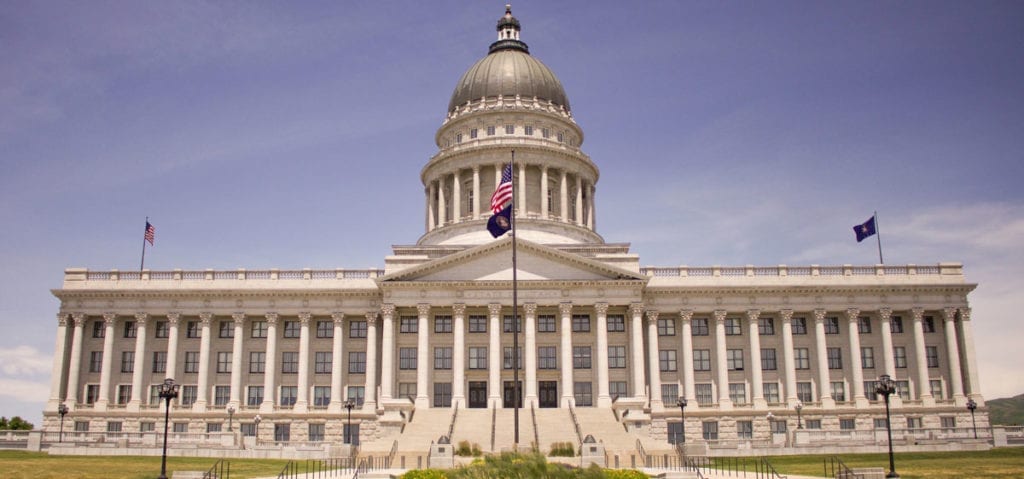Altria Group Inc. announced today the world’s first “Big Tobacco” investment into the cannabis space: a whopping $1.8 billion for Canadian LP Cronos Group, CNN reports.
Altria — the parent company behind Phillip Morris USA and Marlboro cigarettes — will have a 45 percent stake in Cronos following the investment, with the option for increasing its share to 55 percent over the next five years.
News about the potential investment first broke earlier this week.
“Altria is the ideal partner for Cronos Group, providing the resources and expertise we need to meaningfully accelerate our strategic growth.” — Cronos Group Chairman, President, and CEO Mike Gorenstein, in a press release
Altria has seen its stocks consistently drop in recent years as the popularity of cigarettes and tobacco in general has diminished.
“Investing in Cronos Group as our exclusive partner in the emerging global cannabis category represents an exciting new growth opportunity for Altria,” Altria Chairman and CEO Howard Willard said in a statement. “We believe that Cronos Group’s excellent management team has built capabilities necessary to compete globally, and we look forward to helping Cronos Group realize its significant growth potential.”
Altria stock had fallen 25 percent so far, this year — however, following its cannabis announcement, the major tobacco firm’s shares saw a 2 percent rise in early trading on Friday. Meanwhile, Cronos shares had soared some 30 percent.
“Importantly, Altria shares our vision of driving long-term value through innovation, and we look forward to continuing to differentiate in this area,” said Cronos CEO Mike Gorenstein. “As one of the largest holding companies in the adult consumer products sector, Altria has decades of experience in regulatory, government affairs, compliance, product development and brand management that we expect to leverage, particularly as new markets for cannabis open around the world.”
The $1.8 billion investment — about C$2.4 billion — is the industry’s first “Big Tobacco” investment, but several major alcohol companies have already injected money into the cannabis space. Constellation Brands, the brewer of Corona beer and a major North American distributor for Svedka vodka, invested $4 billion into Canada’s Canopy Growth earlier this year. It remains the largest investment into the cannabis space, so far.
Coca-Cola Inc. was also in talks briefly about launching a CBD product line in Canada but the potential deal reportedly stalled shortly after it was revealed.
